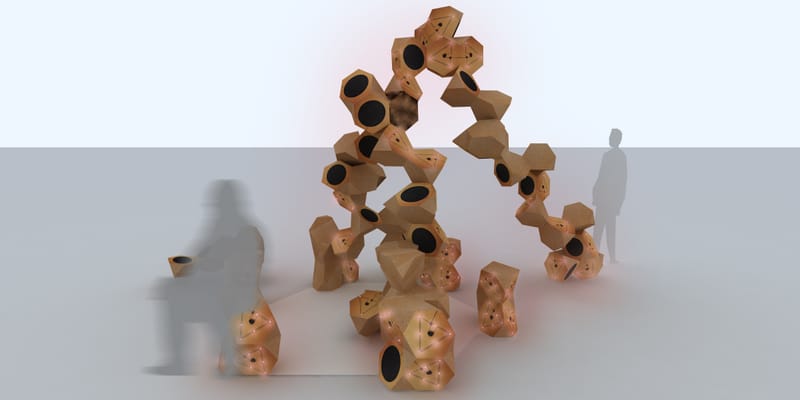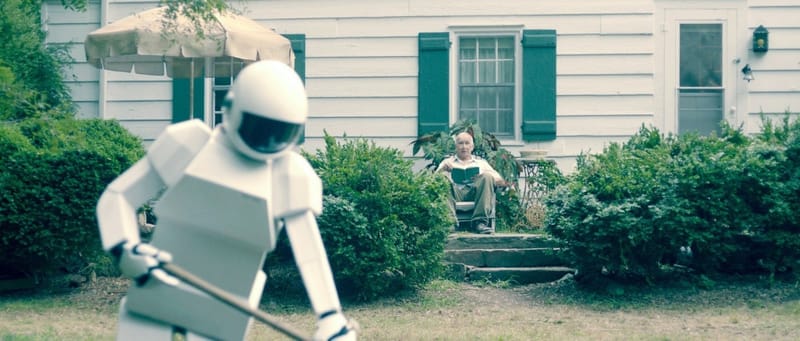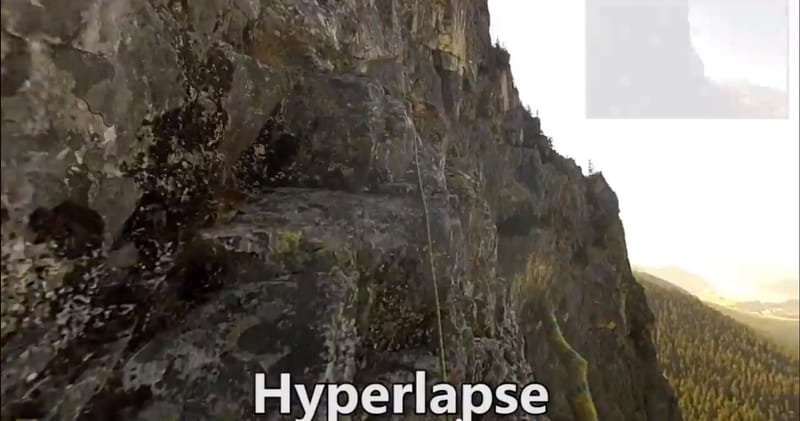
Jamin Warren
545 postsJamin Warren founded Killscreen. He produced the first VR arts festival with the New Museum, programmed the first Tribeca Games Festival, the first arcade at the Museum of Modern Art, won a Telly, and hosted Game/Show for PBS.
Subscribe to new posts
Processing your application
Please check your inbox and click the link to confirm your subscription
There was an error sending the email







